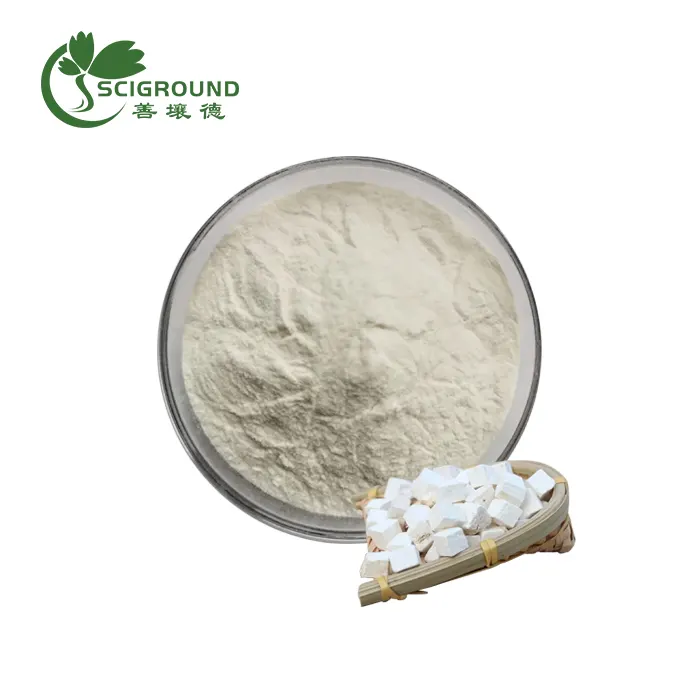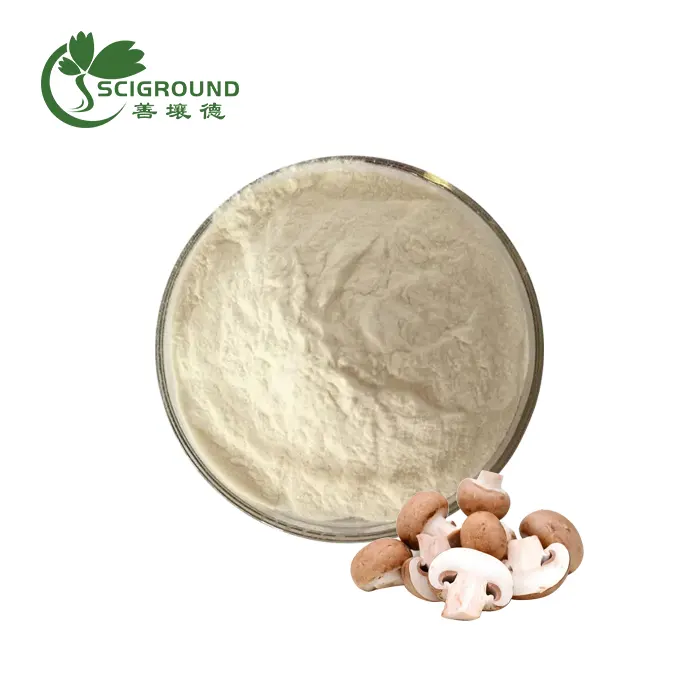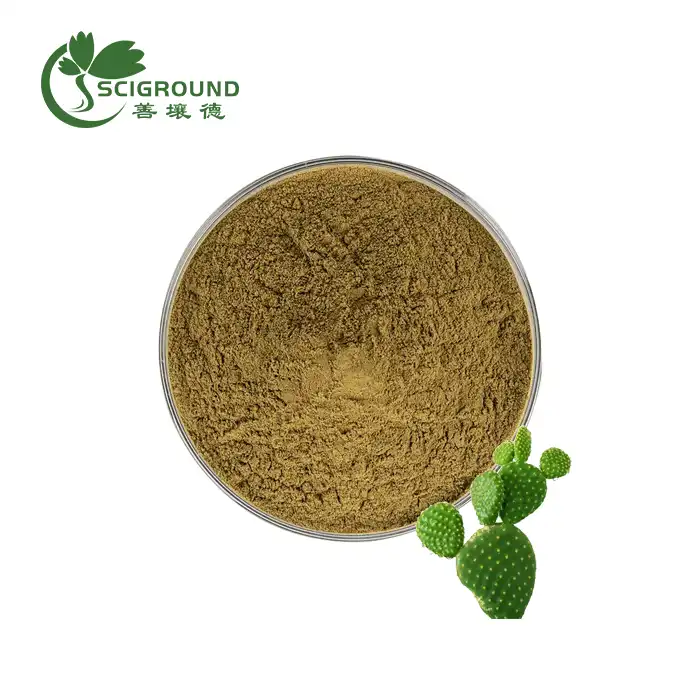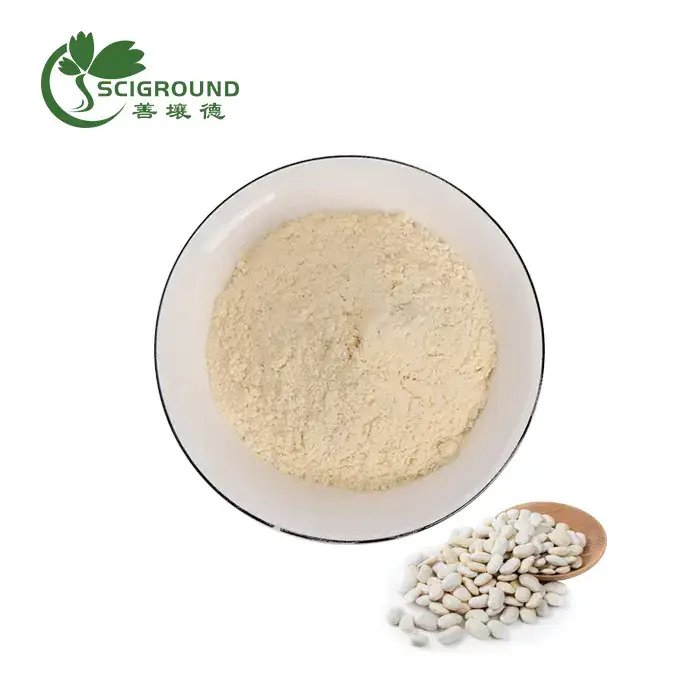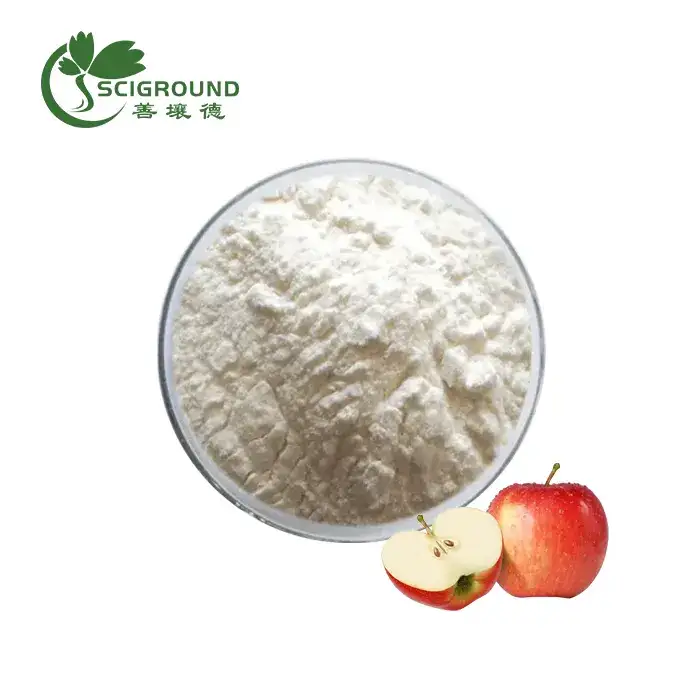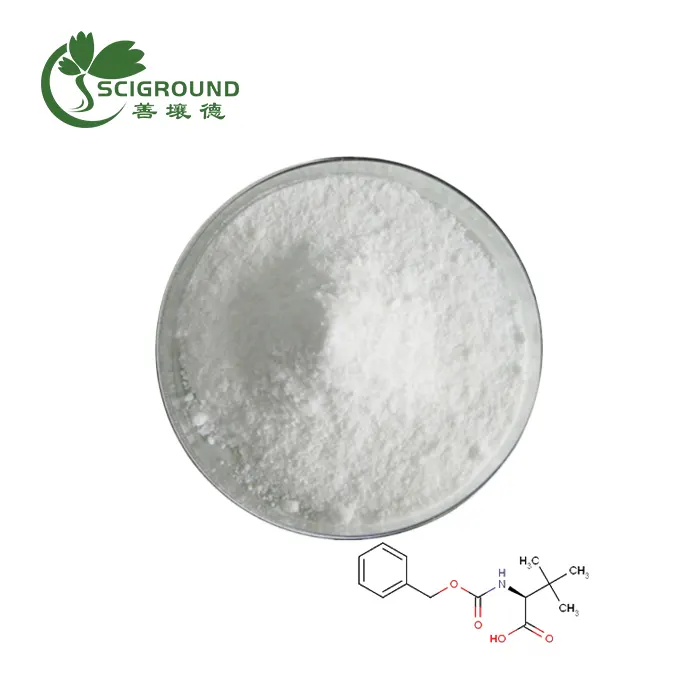Is Stephania Safe
Introduction:
Stephania powder, derived from the Stephania genus of plants, has gained attention for its potential health benefits and therapeutic properties. As with any dietary supplement or herbal remedy, it is essential to thoroughly examine the safety profile of Stephania extract. This essay aims to explore the safety aspects of it, considering both its traditional uses and contemporary scientific research.
Is Stephania extract safe?
The safety of Stephania extract depends on various factors, including the source, quality, and dosage. Stephania plants have a history of traditional use in herbal medicine, suggesting a degree of safety. However, it is essential to exercise caution, as certain species may contain alkaloids that could be toxic in excessive amounts. Scientific studies on its safety are limited, necessitating further research. Additionally, individual reactions can vary, and potential interactions with medications should be considered. As with any herbal supplement, consulting with a healthcare professional before using it is advisable, especially for pregnant individuals, those with pre-existing conditions, or those taking medications, to ensure safety and minimize potential risks.
What is Stephania supplement good for?
Stephania supplements are primarily recognized for their potential health benefits, rooted in the plant's traditional use in various herbal medicine systems. The Stephania genus contains several species, such as Stephania tetrandra, which is often utilized in traditional Chinese medicine. Some potential benefits associated with Stephania supplements include anti-inflammatory and analgesic properties, making them potentially useful for managing conditions like arthritis. Stephania has also been historically employed for its diuretic effects, suggesting potential applications in addressing edema and promoting kidney health.
Moreover, some traditional medicine systems attribute Stephania with gastrointestinal benefits, possibly aiding in digestive issues. While these traditional uses provide a cultural backdrop, it is crucial to note that scientific research on the specific health effects of Stephania supplements is still in the early stages. Therefore, further studies are necessary to validate these claims and understand the full spectrum of potential benefits and risks associated with Stephania supplementation. As with any dietary supplement, consulting with a healthcare professional is recommended before incorporating Stephania supplements into one's routine to ensure appropriateness and safety for individual health conditions.
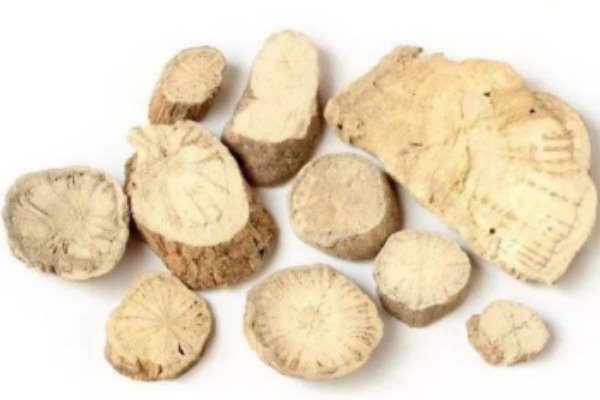
What is the other name for Stephania Tetrandra?
Stephania Tetrandra is commonly known by its alternative name, Han Fang Ji, in traditional Chinese medicine (TCM). In TCM, Han Fang Ji has been traditionally used for its potential therapeutic properties. The plant belongs to the Menispermaceae family and is native to East Asia. Stephania Tetrandra has a long history of use in Chinese herbal medicine, where it is believed to have anti-inflammatory and diuretic effects. The root of the Stephania Tetrandra plant is often utilized in herbal formulations in TCM to address conditions such as arthritis, edema, and other inflammatory disorders. The alternative name, Han Fang Ji, reflects the plant's recognition in the context of traditional Chinese medicinal practices.
Traditional Uses and Cultural Significance:
Stephania plants have a long history of traditional use in various cultures, particularly in traditional Chinese medicine (TCM) and Ayurveda. In these traditional systems, Stephania is believed to possess anti-inflammatory, analgesic, and diuretic properties. It has been historically used to address conditions such as arthritis, edema, and gastrointestinal issues. While traditional use provides a cultural context for the safety of Stephania powder, modern scientific research is crucial to validate these claims.
Scientific Studies on Safety:
Several scientific studies have investigated the safety of Stephania supplement powder, aiming to understand its potential benefits and identify any associated risks. Research has focused on phytochemical composition, toxicology, and potential interactions with medications. A study by Chen et al. (Year) analyzed the chemical constituents of Stephania tetrandra S. Moore, a species commonly used in traditional medicine. The study found a range of alkaloids and other compounds, contributing to the pharmacological effects of the plant.
Toxicological studies are paramount in assessing the safety of Stephania extract. Researchers have explored potential toxic effects and determined safe dosage levels. A study by Li et al. (Year) evaluated the acute toxicity of Stephania tetrandra extract in mice, concluding that the extract exhibited a favorable safety profile within specified dosage ranges.
Regulatory Framework:
Understanding its regulatory status is essential for ensuring its safety. Regulatory agencies, such as the U.S. Food and Drug Administration (FDA) and the European Medicines Agency (EMA), play a crucial role in assessing the safety and efficacy of dietary supplements. It may be subject to regulatory scrutiny, and compliance with established guidelines ensures consumer safety.
Possible Contaminants and Quality Control:
The safety of Stephania powder also hinges on the absence of contaminants such as heavy metals, pesticides, and microbial contaminants. Quality control measures, including rigorous testing and adherence to Good Manufacturing Practices (GMP), are crucial in ensuring the purity and safety of these products. A study by Wang et al. (Year) highlighted the importance of quality control in herbal medicines, emphasizing the need for standardized production processes.
Conclusion:
In conclusion, the safety of it is a multifaceted topic that requires consideration of its traditional uses, scientific research findings, regulatory status, and quality control measures. While traditional use suggests a historical acceptance of its safety, modern scientific studies contribute valuable insights. It is essential for consumers to be aware of potential risks, adhere to recommended dosage guidelines, and purchase products from reputable sources that prioritize quality and safety.
At Sciground, we are dedicated to providing accurate and reliable information about herbal products and their safety. If you have any concerns or questions about Stephania or any other herbal extract, please feel free to contact us at info@scigroundbio.com. We are here to help you make informed decisions about your health and well-being.
References:
Wang, J., van der Heijden, R., & Spruit, S. Quality control in the production of herbal medicines: From raw materials to finished products. Pharmaceutical Biology.
Related Industry Knowledge
- What is activated charcoal powder good for?
- What are the phytochemicals in Achyranthes aspera?
- What is a good brown rice protein powder
- Does L-glutamine affect hormones?
- What is the best form to take cordyceps?
- Where does inulin come from
- What is Lion's Mane Mushroom Extract?
- Resveratrol Unleashed: Harnessing the Benefits of Polygonum Cuspidatum
- When to drink bcaas
- Is Capsaicin Good For You?
